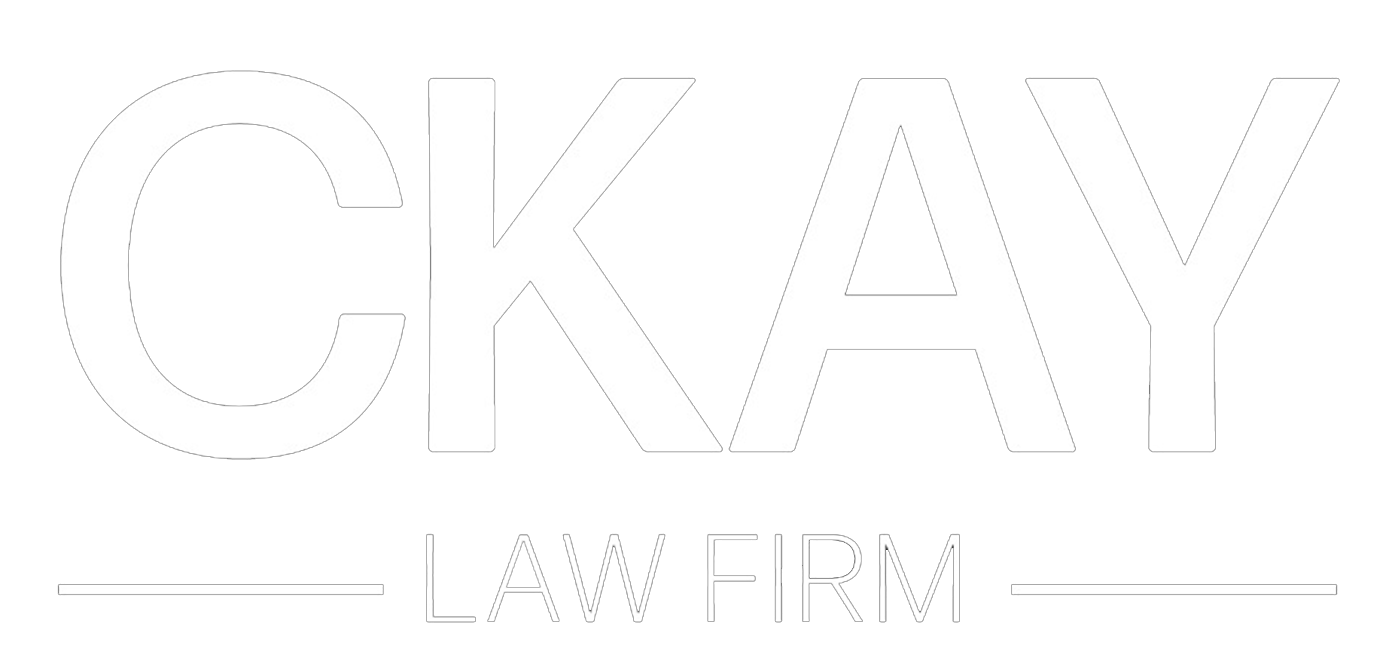Learn how debt collection works in Turkey. Understand the processes, legal requirements, and steps for both local and foreign plaintiffs in commercial disputes.
Parties to a commercial agreement usually put their mutual understanding into writing and try to set forth penalties and other deterrent clauses as much as they can to protect their best interests in dealing with the counterparty. Sometimes, parties to a contract fail to live up to the other party’s expectations in meeting their end of the bargain and materially breach their obligations, which inevitably leads to commercial court proceedings initiated by the aggrieved party.
How Does Debt Collection Work in Turkey?
With its Continental European legal system, Turkey is no different from the other countries when it comes to the debt collection process to compensate for the harm incurred by the plaintiff. Due to the complexity of a foreign jurisdiction, foreign entities and real persons are strongly advised to retain the services of lawyers who are familiar with procedures within Turkey to pursue and collect the debt owed to them due to the failure of the debtor to perform as promised.
In the forthcoming process of debt collection, the following are less similar to what should be expected:
- At the very beginning of the process, it is imperative to declare the counterparty as the party in default, and most of the time, oral communications and e-mail correspondences so far would be no good and sufficient for that purpose. In general practice, a demand letter or, based on the type of the dispute, a cease and desist letter issued by the plaintiff to be addressed to the defendant with the involvement of a notary public of Turkey might best serve this purpose and be well-used as evidence to substantiate the claim in the court. With the same notary public notification, in addition to the declaration of the counterparty as the party in default, the plaintiff might also extend to the counterparty a grace period during which the defendant might compensate the plaintiff or rectify the breach within the set deadline to avoid any ensuing litigation.
- Dispute resolution officially starts with the Mandatory Mediation Process, the concept which was introduced with the enactment of Turkish Mediation Law on Civil Disputes Numbered 6325, as a condition precedent to filing a lawsuit at the competent court with the proper venue. The plaintiff is obliged to exercise and exhaust a short mediation process imposed by law to find an amicable out-of-court solution to the dispute before the court-appointed mediator. If the parties or the mediator, at their sole discretion, come to the conclusion that continuing the mediation process would be fruitless, a Minute of Disagreement is drafted by the mediator, and parties are expected to sign off the document for the continuation of the legal proceeding.
- Having completed the Mandatory Mediation Process, the plaintiff is now ready to initiate the lawsuit for collection and compensation of expectation damages including loss of profit arising out of contract or alternatively reliance damages as is unfettered discretion. The idea is to put the aggrieved party in the position he would have been in had the contract been performed or alternatively compensate the losses incurred as a result of reasonable reliance on the promise of the party in breach. Special or indirect damages are also fine under Turkish Law and jurisdiction, but the chances are relatively slim to prove and convince the court to sustain this type of remedy sought.
What if The Plaintiff is a Foreigner?
If the plaintiff is a foreigner, either a legal entity or a real person, then in addition to the court fees to be incurred, the plaintiff shall also post security pursuant to Article 48 of Turkish Law Numbered 5718 on International Private Law. The plaintiff needs to check and see whether there exists any reciprocity or agreement on judicial cooperation in civil matters between the Republic of Turkey and the country of origin of the plaintiff that foregoes the necessity of posting security on a reciprocal basis. Otherwise, the amount to be calculated by the court based on surrounding circumstances shall be deposited in advance along with court fees to file the lawsuit.
The adjudication process ends with the final verdict of the court of first instance in charge and might be subject to appeal depending on the monetary value in dispute.
In the early stages of litigation and before the court renders a judgment on the merits, the plaintiff might seek injunctive relief in the form of attachment of the assets to make sure there will be some assets left from which the plaintiff might debtor satisfy the debt owed along with the court-related expenses.
The plaintiff should always assume the risk that the defendant proves to be judgment-proof at the end of the litigation. Therefore, to mitigate the risk in international transactions, we suggest obtaining bank guarantees or Letters of Credit in exchange for any payment made to secure the performance of the counterparty.



